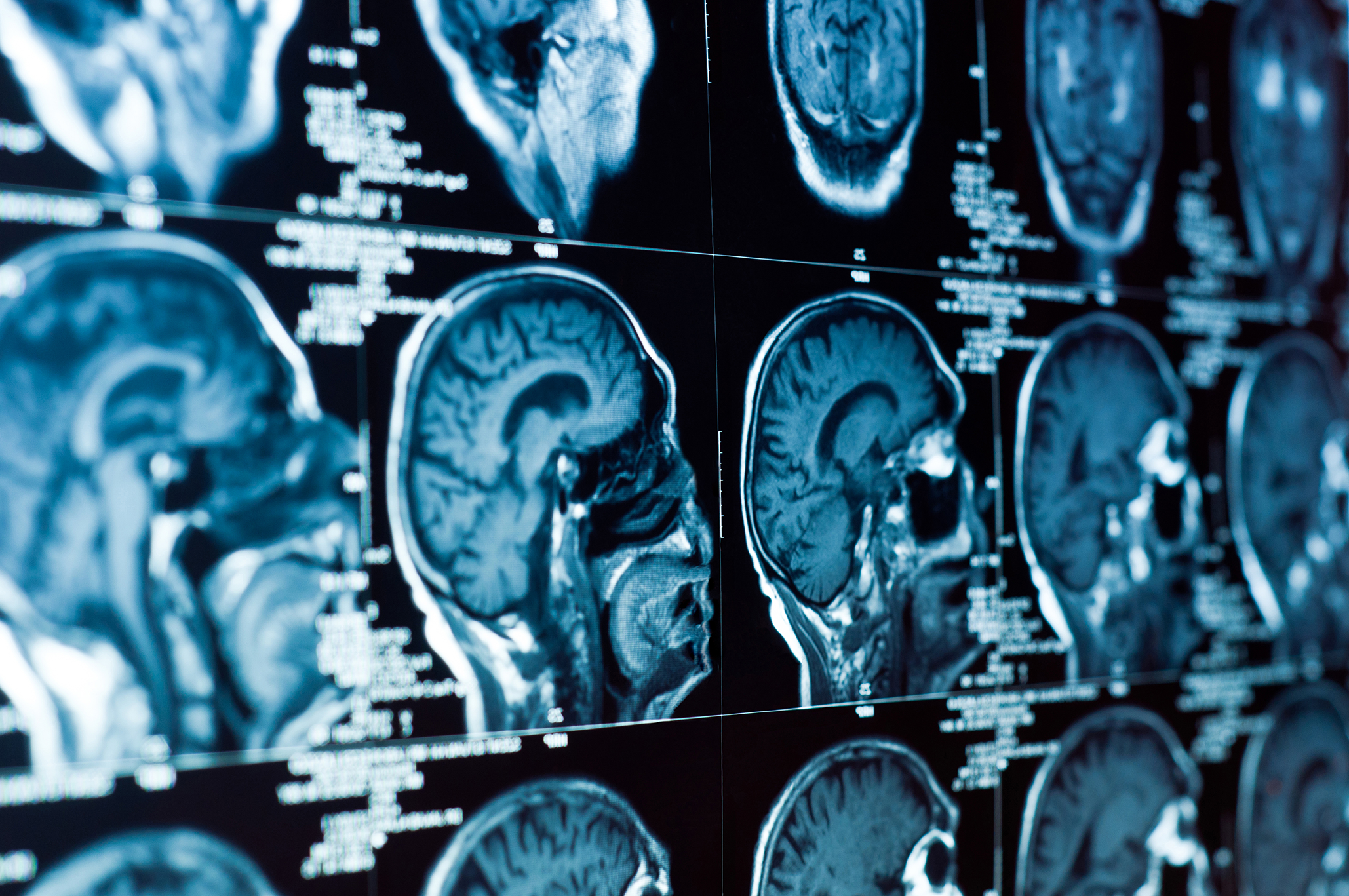Causes of neuropathy
Diabetes is one of the most common causes of peripheral neuropathy in the U.S. About 60 to 70 percent of Americans with diabetes have some form of nerve damage.
Other causes include:
+ Renal disease
+ Genetic disorders
+ Alcohol or other toxins
+ Autoimmune disorders
+ Trauma
Types of Neuropathy
+ Sensory Neuropathy– Damage to nerves that control sensation.
+ Motor neuropathy– Damage to the nerves that control muscles and movement in the body, such as moving your hands and arms or talking.
+ Autonomic nerve neuropathy– Autonomic nerves control biological functions that you are not conscious of, such as breathing and heartbeat. Damage to these nerves can be serious.
+ Combination neuropathies– Combination of two or three of the other types of neuropathies, such as a predominantly motor neuropathy or a sensory-motor neuropathy.
Diagnosis
Diagnosis involves taking an extensive patient history and conducting a number of neurological tests.
+ Blood tests
+ EMG (electromyography)
+ Spinal fluid tests
+ Muscle strength tests
+ Tests of the ability to detect vibrations
Depending on what basic tests reveal, your doctor may want to perform more in-depth scanning and other tests to get a better look at your nerve damage.
These additional tests may include:
+ CT scan
+ MRI scan of the cervical and lumbar spine
+ Nerve and skin biopsy
Treatment
Treatment may depend on the type of neuropathy you have and includes:
+ Medical therapy
+ Antiepileptic drugs, such as Pregabalin, Gabapentin, phenytoin, and carbamazepine
+ Some classes of antidepressants, including tricyclics such as amitriptyline and Cymbalta
+ Lidocaine injections and patches to help with pain
+ Intravenous infusions of immunoglobulin (IVIG) help to improve demyalinating polyneuropathy.
And in extreme situations, surgery can be used to destroy nerves or repair injuries that are causing neuropathic pain and symptoms.
Preventing peripheral neuropathy
Lifestyle choices can help you prevent peripheral neuropathy. You can lessen your risk by not drinking alcohol, correcting vitamin deficiencies, eating a healthy diet, losing weight, avoiding toxins, and exercising regularly.
Managing peripheral neuropathy
Living a healthy lifestyle by not smoking, losing weight, and exercising can help you feel your best and reduce the pain and symptoms related to neuropathy. You must also be meticulous about caring for your feet and treating wounds to avoid complications, such as the loss of a limb.





